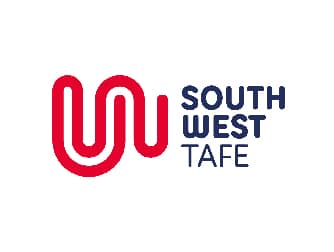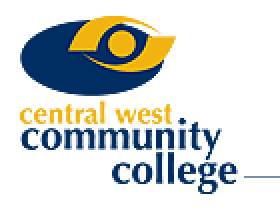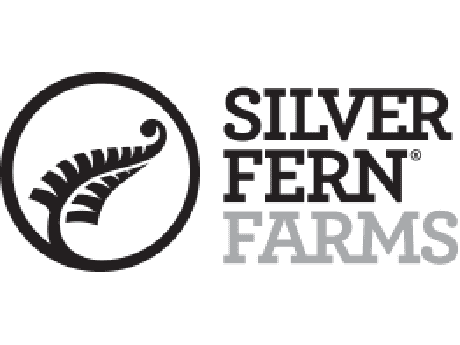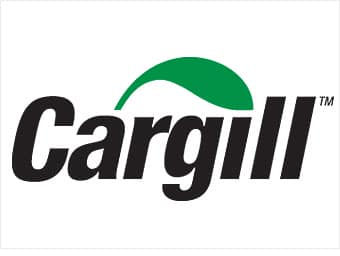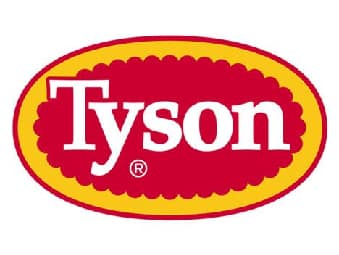SW TAFE Breaks New Ground in Training Quality & Relevance
“The KST200e is so compact and lightweight ”“ we ship it across the country in a normal travel suitcase”
David Beard, Manager, Science & Food Technology Dept
The KST200e Sharpness Analyzer has enabled the South West TAFE to introduce the critical component of knife sharpening to their industry training courses, improving client service delivery and enhancing their curriculum and teaching capabilities, even in the most remote locations.
THE COMPANY
South West Institute of TAFE provides vocational education and training for students seeking to enter the workforce for the first time or re-training for a new career. Their Science & Food Technology Department is responsible for training around 1500 new meat industry knifehands each year and are the primary developer of industry skills.
THE PROBLEM
Historically there had been no means for tutors at the TAFE to objectively quantify knife sharpness or to base any sharpening technique improvement plans on. They had no way to compare or evaluate knife sharpening performance between students, knifehands, departments, plants or even knife types. However, they felt that knife sharpening training was an essential skill that needed to be taught.
THE SOLUTION
South West TAFE acquired their first Anago KST200e Sharpness Analyzer during 2004 and subsequently added to this with another unit during 2005. As an educational institution, one of their primary objectives is to advance the performance of the meat processing industry and is always looking for ways to leverage new technologies to achieve this goal.
The KST200e is used primarily as a teaching aid by the TAFE. By providing a numerical value for knife sharpness, tutors are able to objectively measure knife sharpness and sharpening techniques of students. They also use it to generate a competitive spirit between students which leads to more productive learning and higher performance standards.
One of the major considerations for the TAFE when evaluating the KST200e was portability. Being used for training course across many remote areas of Australia, the unit had to be lightweight, easy to transport, robust and extremely durable. They have subsequently found it meets all of these criteria particularly well.
“The KST200e is so compact and lightweight ”“ we ship it across the country in a normal travel suitcase”, said David Beard, Manager, Science & Food Technology Department. “It’s also quick and easy to set up, so tutors can maximise onsite training time”, he added. “To date we have had no failures or breakdowns on either of our units.”
The KST200e Sharpness Analyzer has enabled the South West TAFE to introduce the critical component of knife sharpening to their industry training courses, improving client service delivery and enhancing their curriculum and teaching capabilities.
THE BENEFITS
Staff at the TAFE have received overwhelmingly positive response from the meat processing industry as a whole, from plant supervisors and experienced knifehands to new students. They all see the KST200e as a valuable tool for teaching improved sharpening techniques.
The majority of training takes place onsite and within the actual work environment. This adds to the relevance and effectiveness of their training programmes. By taking the Sharpness Analyzer out to meat processing plants in remote areas, they help to avoid the expense and inconvenience of having students leave their day jobs to travel to major centres for training.
With the introduction of the KST200e Sharpness Analyzer, the TAFE will now be able to open up new teaching areas that have traditionally been too remote to service effectively.
South West TAFE believe that they are breaking new ground in the way they have integrated the Sharpness Analyzer into their training programmes and expect to see substantial flow-on benefits across the entire meat processing industry over the coming years.
By objectively measuring knife sharpness and then adjusting sharpening techniques, an outstanding payback in terms of increased worker productivity, improved motivation and reduced injury can be produced.
With less effort required to execute each cut, physical stress on knifehands can be reduced, leading to a drop in OOS related injuries. Improved knife sharpening techniques also result in higher yields, with workers able to cut much closer to the bone. These benefits have a direct positive impact on plant and industry productivity and on the bottom line.
A major goal of the TAFE is to have a team of full-time tutors travelling across the country to remote processing plants, using the KST200e Sharpness Analyzer to deliver world-leading industry training.
Download pdf copy

